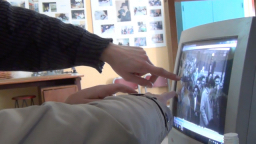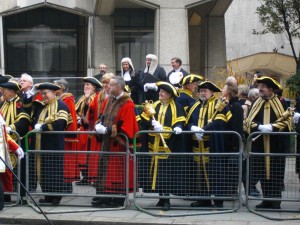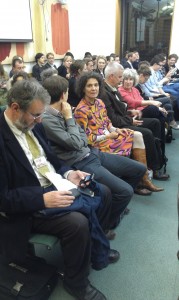Upcoming Screenings in London
‘Interrupted Memory’ at Birkbeck
Friday 9 January at 6pm
 One of the interviewees in Interrupted Memory (Memoria interrumpida) (Michael Chanan, 2013, 116mns) recalls being detained in the 1976 coup in Argentina. She was beaten and raped. She began, defensively, to play a role. ‘Me, I know nothing about politics. I’m just a girl, I’m 17.’ Her captors let her go with a warning, ‘You don’t leave this place twice. Behave properly, don’t say anything.’ She was so traumatized that she went on playing the role of the naïve girl for years. Real life was suspended.
One of the interviewees in Interrupted Memory (Memoria interrumpida) (Michael Chanan, 2013, 116mns) recalls being detained in the 1976 coup in Argentina. She was beaten and raped. She began, defensively, to play a role. ‘Me, I know nothing about politics. I’m just a girl, I’m 17.’ Her captors let her go with a warning, ‘You don’t leave this place twice. Behave properly, don’t say anything.’ She was so traumatized that she went on playing the role of the naïve girl for years. Real life was suspended.
Michael Chanan’s film charts not just the public history of recent political violence in Chile and Argentina, but also the intimate and inner damage it has wreaked.
Free entry. To attend this event please RSVP: www.eventbrite.co.uk/e/bisr-guilt-screening-tickets-14629456097 or just turn up!
‘Secret City’ at SOAS
Saturday 24 January at 4pm, Khalili Lecture Theatre
16:00 London is Burning (Haim Bresheeth, 2012, 45′)
17:00 Secret City (Michael Chanan, 2012, 72′)
18:30 Panel presentations and discussion:
Chair: Prof. Annabelle Sreberny (SOAS)
Prof. Costas Lapavitsas (SOAS): “Non-Productive Capitalism and its trail of destruction”
Owen Jones (Guardian) TBC
Prof. Doreen Massey (Open U): “The city of London: The invisible demon”

